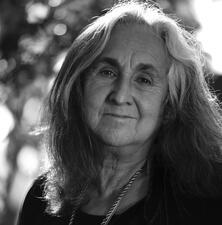Education: Teachers
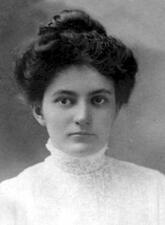
Lillian R. Lieber
Frustrated with the way math is taught in schools, Lillian R. Lieber created unconventional, popular books to excite young readers and incite their curiosity.
Judith Berlin Lieberman
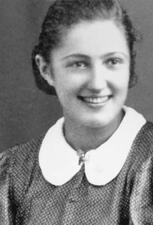
Rivka Kuper Liebeskind
Rivka Liebeskind joined the Akiva Zionist movement as a teenager, becoming a leader in her local chapter and encouraging members to continue their activities after the German occupation began. When the movement transitioned to resistance activities in 1942, she aided young people escaping the Krakow ghetto. Liebeskind survived her deportation to Birkneau and moved to Israel after the war.
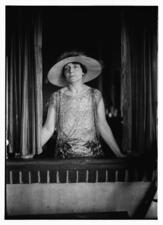
Estelle Liebling
Estelle Liebling was a talented opera singer who performed at the Dresden Royal Opera House and the Metropolitan Opera and toured through the United States and Europe. She trained popular and Metropolitan Opera singers at her studio in New York for fifty years and wrote books on vocal training and compositions for piano and voice.
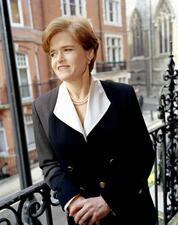
Deborah Lipstadt
Deborah D. Lipstadt is an American Jewish historian of issues surrounding understanding the Holocaust, ranging from reception of news of the extermination of European Jews to denial of the existence of the Holocaust. Lipstadt achieved renown for her defense against libel brought by David Irving, a British Holocaust denier. Her dramatic trial was transformed into a film starring Rachel Weisz.
Literature Scholars in the United States
Jewish women have been among the key figures in literary scholarship in the United States in the postwar period. Those entering the profession in the 1950s faced more difficulties as women than they did as Jews. Today, Jewish women are found in all corners of the profession, from feminist and queer theory to administration, critical race studies, and beyond.
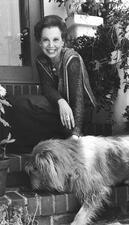
Myra Cohn Livingston
Both through her poetry and her teaching, Myra Cohn Livingston inspired children to explore the music of language. She eventually wrote more than twenty collections of as well as several books on writing poetry, serving as an inspiration for students to enjoy poetry.
Minnie Dessau Louis
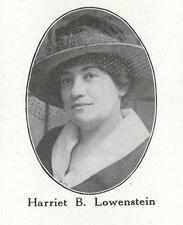
Harriet Lowenstein
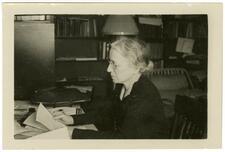
Esther Lowenthal
Esther Lowenthal’s long career teaching economics at Smith explored subjects from government spending and taxation to the theories of socialist economists.
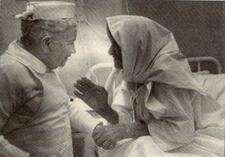
Selma Mair
Selma Mair was a German-born registered nurse who brought her education and devotion to the role of head nurse at the Sha’arei Zedek hospital in Jerusalem.
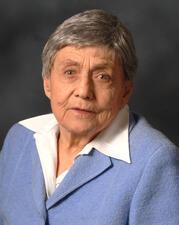
Ruth Barcan Marcus
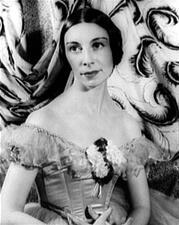
Alicia Markova
Dame Alicia Markova, Britain’s first and the first Jewish prima ballerina, combined amazing technique and personal strength with tremendous artistry to become one of the finest classical dancers of her generation. Through her touring and early recognition of the power of mass media, she was also one of ballet’s greatest ambassadors in the mid-twentieth century. Markova extended her legacy through choreography, teaching, and commitment to coaching the next generation of dancers.
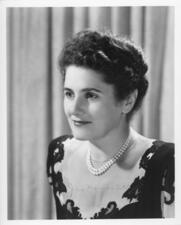
Jessie Marmorston
Jessie Marmorston was a professor of experimental medicine, researching a stunning range of medical disciplines including immunology, endocrinology, psychoanalysis, and cardiology. Her research into hormone secretion led to breakthroughs in our understanding of the ways stress can contribute to heart attacks and certain cancers.
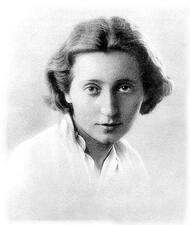
Judith Marquet-Krause
Judith Marquet-Krause was an archeologist who contributed her talents to early twentieth-century excavations of ancient cities across Palestine, most notably leading the excavation of Ai.
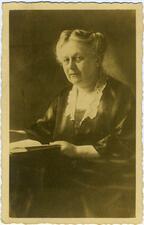
Henriette May
Henriette May was committed to the upbringing of children and care for needy adults. She was active as a board member and editor for Jewish newspaper Jüdischer Frauenbund starting in 1907, established a home for Jewish women teachers in Berlin, and was a prominent member of numerous welfare institutions.
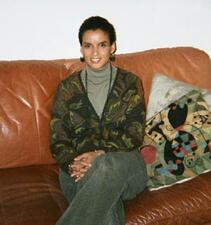
Susan Maze-Rothstein
Martha Tamara Schuch Mednick
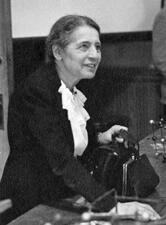
Lise Meitner
Lise Meitner’s influential work concerning radioactivity in the early 20th century made her a target of the Nazis. She fled to Sweden in 1938, and it was there that she discovered the power of the fission reaction. Even though Meitner never worked on nuclear weapons, her 1939 research was essential in the research of nuclear power.
Deborah Marcus Melamed
Deborah Marcus Melamed encouraged Jewish women to form their own relationship with Jewish practice through her 1927 book The Three Pillars, an interpretive guide to rituals and customs. Melamed also served as vice president of the Women’s League for Conservative Judaism from 1920 to 1930 or 1932.

Sulamif Messerer
Sulamif Messerer was an influential ballerina who taught a generation of dancers globally. After swimming in the 1928 Soviet Olympiada, she became a prima ballerina in the Bolshoi Ballet Company. She had a long dance career and then became a renowned teacher in Russia, Japan, New York, and London.
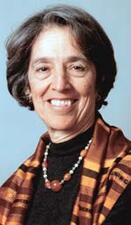
Ruth Messinger
Following successive careers as a New York City politician president and director of a major Jewish organization, Ruth Messinger has become nothing less than an icon of American Jewish progressive leadership. She became Manhattan borough president in 1990. After losing the 1997 mayor’s election to Rudolph Giuliani, she became the president and CEO of the American Jewish World Service, a position she held from 1998 to 2017.
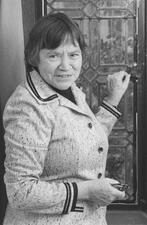
Dorothee Metlitzki
The work of multilingual historian Dorothee Metlitzki showed the importance of Arab contributions to Western thought and the progression of ideas across the entire expanse of the medieval world. Reflecting her academic pursuits, she lived all over Europe, the United States, and the Middle East, learning, teaching, and spreading ideas.
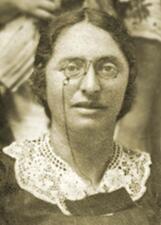
Fania Metman-Cohen
Fania Metman-Cohen set up the first Hebrew kindergarten in Odessa in 1899. In 1905, she and her husband helped establish Palestine’s first Hebrew high school in Jaffa – the Herzilya Gymnasia. Metman-Cohen was also a key figure in the Union of Hebrew Women for Equal Rights in Erez Israel.
